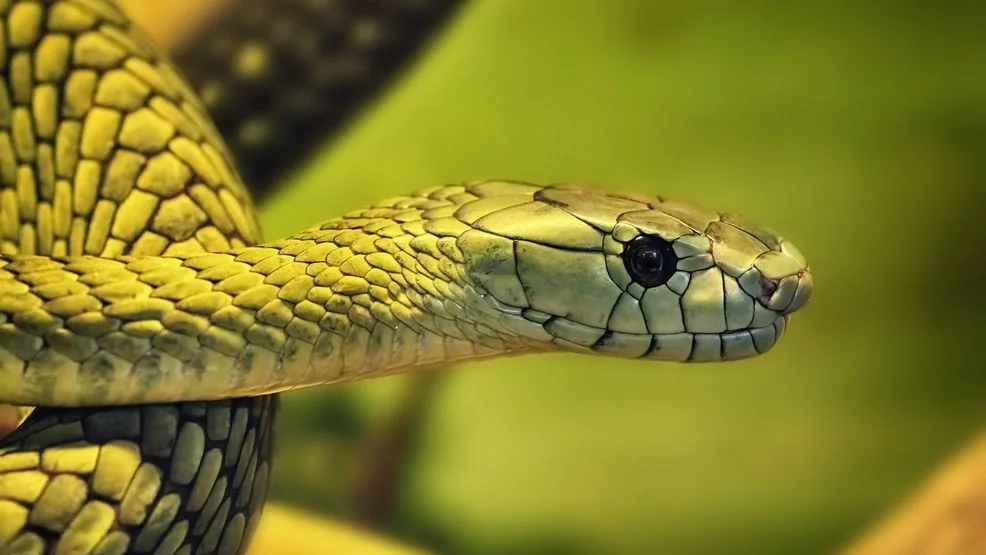
A Close Call: Kentucky Zoo Director Survives Venomous Snake Bite
In an astonishing event that underscores the risks faced by wildlife professionals, Jim Harrison, co-director of the Kentucky Reptile Zoo, recently survived a life-threatening bite from a Jameson's mamba snake. This harrowing incident shines a spotlight on the dangers inherent in reptile conservation and research.

On May 12, 2025, while engaging in a vital anti-venom project aimed at breeding snakes for research, Harrison was bitten by the male Jameson's mamba. His quick narration of the event reveals how unexpectedly swift the reptile's actions were: "The male shot out. I grabbed it with wraps, and then the female took advantage of me not paying attention and then shot up and bit me." This species, native to equatorial Africa, is notorious for its neurotoxic venom that can lead to paralysis and respiratory failure within minutes.
After the bite, the severity of Harrison's condition escalated rapidly. Kristen Wiley, co-director of the zoo, remarked, "He was in pretty serious shape rather quickly," highlighting the urgency of the staff's response that ultimately saved his life. Harrison was airlifted to a hospital, intubated, and spent three critical days in the ICU.
This incident has raised important discussions regarding the safety protocols and emergency responses necessary in wildlife research environments. Harrison himself, having survived at least 16 snake bites in his career, underscores the unique challenges faced by herpetologists: "There’s not a lot known about this particular species, and, as far as I know, nobody in the United States has been bitten by one." Such statements reinforce the significance of the ongoing research into these species, as their venom might provide alternatives for opioid pain treatments, thus contributing more than ever to medical science.
Remarkably, despite the traumatic experience, Harrison's passion for his work remains undeterred. He expressed an eager resolve to return to his research promptly: "As soon as they let me go, I'm back working." His commitment exemplifies the dedication that many in the field possess, putting their lives at risk for the sake of knowledge and conservation.
As we reflect on this dramatic encounter, it compels us to consider the realities wildlife professionals face, and the importance of their work in understanding and protecting vulnerable species. Will Jim Harrison’s experience change safety protocols in the field? We invite our readers to share their thoughts and perspectives.